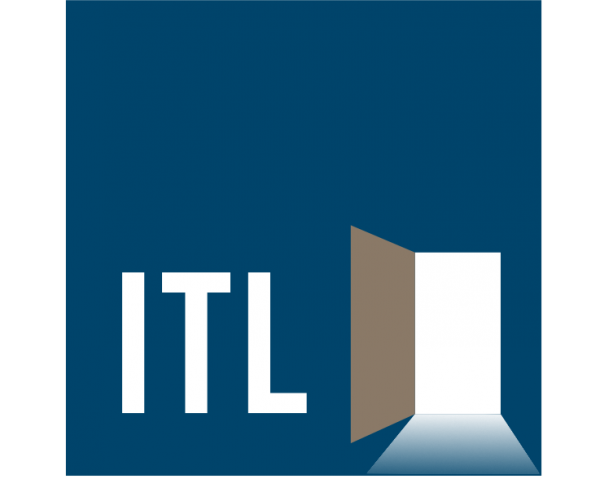Paul Carroll
To start out, please tell us a bit about why it's so important for agents and brokers to be focusing on automation at this point.
Allister Yu
Absolutely, and thank you for the opportunity to speak about automation in the agents and brokers realm.
It's an exciting time in the insurance industry. We are looking at an insurance industry that last year wrote almost $1.5 trillion in premiums. We're looking at an industry with almost 2.25 million licensed insurance producers and in the neighborhood of 6,000 insurance carriers. It's a huge market.
And if we look at what I'll call the supply chain, things such as how quickly policies can be bound, how quickly premiums can be written, etc: Those things really drive the need for automation today. Just consider the number of hands that are involved, the number of back offices, the number of compliance teams that are needed to support a market that's almost $1.5 trillion.
Paul Carroll
Clearly, there is a huge opportunity. Have you seen some especially good examples of automation that you could point me to?
Allister Yu
When we look at the insurance industry, and we look at the supply chain, and how policies are bound, it really starts with the credential, with licensed insurance producers. It starts with having the proper license, applying for that license, managing that license, sending that credential information to the insurance carrier to ensure that policies are written and are bound appropriately.
There are a lot of manual steps in that process today, whether it's applying for the license, retrieving copies of the license, updating and maintaining those licenses, sending data through a PDF to the insurance carrier for contract. There are a lot of steps in that process that today are manual and need human intervention but could be automated.
We're seeing a lot of organizations today take advantage of that opportunity. We're looking at how insurance can move at the velocity that people are expecting today, and that means using technology to automate manual processes that are predictable and repeatable, to create efficiencies.
In terms of things that are the most ripe for automation, I would say, credentialing, credential management and the communication between agencies and carriers and various stakeholders are all areas of opportunity.
Paul Carroll
Are there specific technologies that you think are especially applicable?
Allister Yu
An organization like my own, Rhoads Online, is really focused on how we can create these efficiencies, whether it is creating automations in respect to the credential, or how to apply for licenses, how to update licenses, how to maintain licenses, how to retrieve license copies, how to create communications of status to stakeholders. Or the efficiencies could be created around what your license status is, what your continuing education statuses are, things of that nature.
We are also looking at carriers, which are implementing technologies to streamline the appointment process. They're identifying predictable processes that they can automate so they get to a contract and approval faster, to essentially enable producers to sell faster.
Paul Carroll
I've seen various metrics about how much more efficient an agency is if it digitizes. But I'm wondering if you have any particular metrics that you point to that quantify what the benefits are from automation?
Allister Yu
We've seen case studies where organizations using technology are able to affect their whole workforce. Organizations that previously had teams of 70-plus individuals managing the compliance process were able to pare those teams down to 15 to 18 professionals through automation. The remaining staff can be refocused in other parts of the organization to leverage their expertise.
At the carrier level, organizations that have been able to automate the contracting process have been able to save time. Previously, they were collecting PDFs but were subject to the legibility of those hand-completed documents. Now that they collect that data in an electronic process with electronic approvals, they are often able to shorten the contracting process from two weeks down to a matter of days.
So there are huge improvements in efficiency through automation.
Paul Carroll
As long as everybody is talking about ChatGPT and the other large language models, I wonder if you're starting to see much effect yet from generative AI.
Allister Yu
We're looking at a lot of chatbots, whether for answering questions or beginning the onboarding process, or even beginning the process for binding and selling policies to external constituents. We definitely see the market moving in that direction. We’re seeing organizations really invest in data harvesting, tracking data and analyzing data to power those AI engines.
Paul Carroll
That makes sense. Considering what you're already seeing with agency processes and technologies, would you look out one to five years and tell me what you think is possible?
Allister Yu
I think we first need to consider the workforce that's addressing the industry today. We're seeing a lot of people aging out. So organizations are really having to look at how they’re going to grow and map out
those plans one to five years into the future. I think in one to five years there'll be quite a bit more technology implemented to address mundane tasks, simple tasks, and a greater use of human resources to address the more advanced tasks that require analysis or that require human intervention, such as exception management.
Paul Carroll
It wasn’t that long ago that lots of people saw agents and brokers being increasingly cut out of the process. Not any more.
Allister Yu
Absolutely. Agents and brokers are important. People like the human touch. I personally still like to pick up the phone and call somebody. There are a lot of tasks that, in terms of back-office processing, can be automated, but when we're looking at sales, when we're looking at the broker, when we're looking at the insurance agent, that's still going to be a highly human aspect.
Paul Carroll
This is great. I really appreciate your taking the time.








